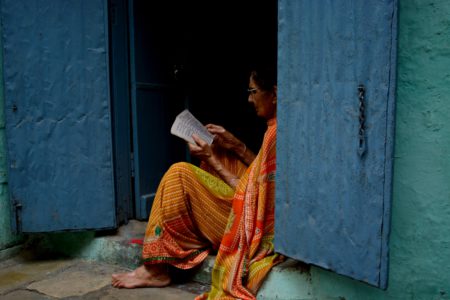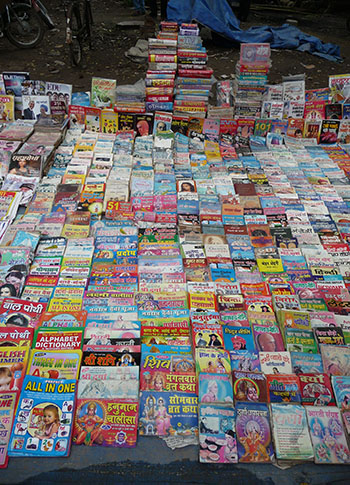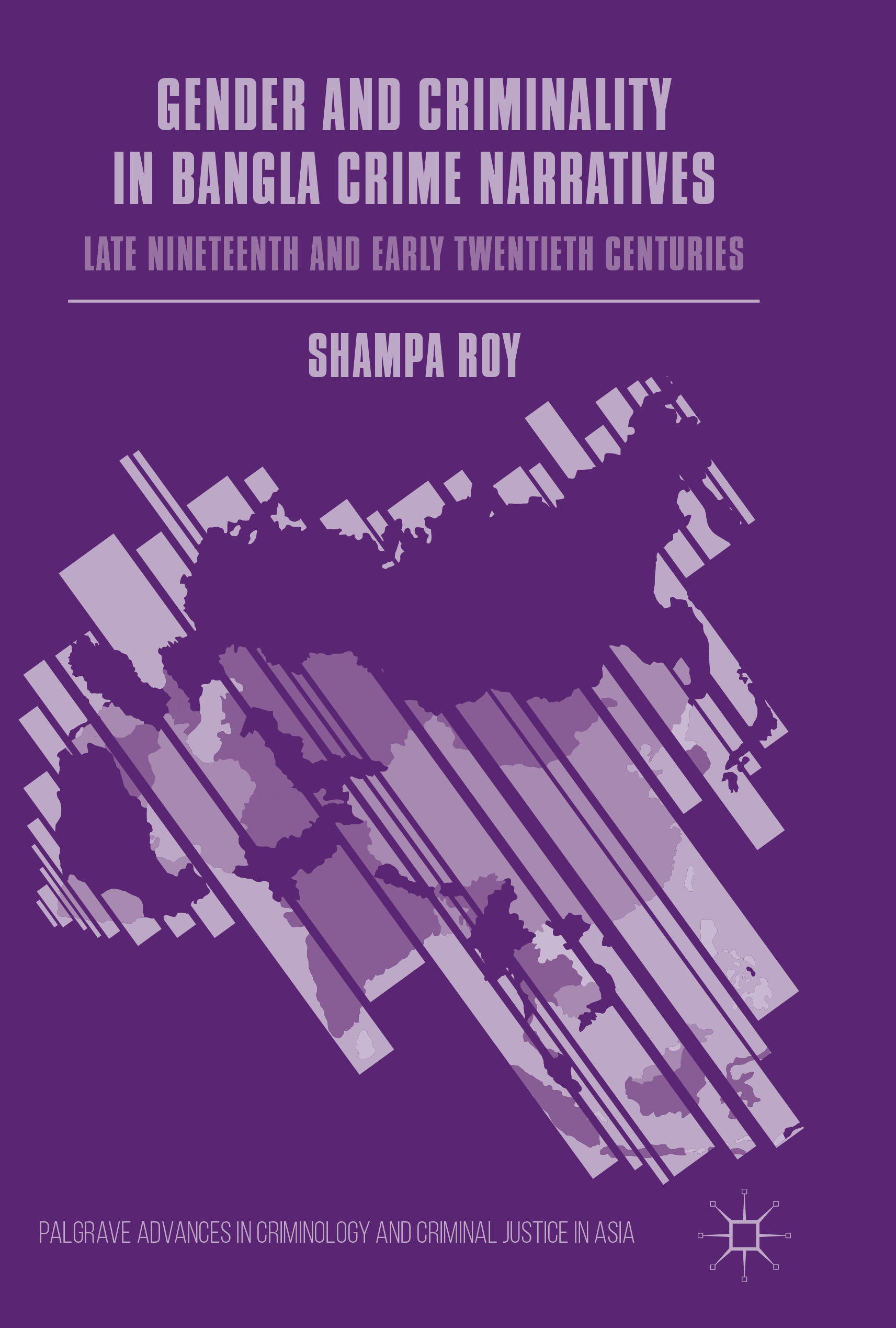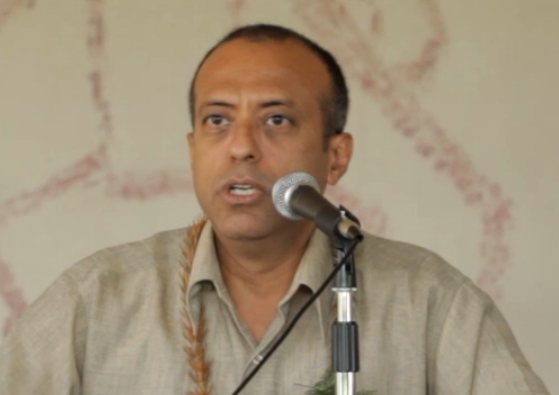Decolonisation in the late 1940s and 1950s coincided with the Cold War and mapped competing internationalisms that connected writers and activists in Asia and Africa with each other and with either the Eastern or Western bloc.
Postcolonial Print Cultures Conference: Tambimuttu and Sivanandan: Cold-War America and International Socialism.
Tambimuttu and Sivanandan: Cold-War America and International Socialism Dr Ruvani Ranasinha (Kings College London) considers and contrasts the political positions and self-fashioning adopted during the careers of two mid-century Sri Lankan writers. Ranasinha recounts Tambimuttu’s self-stereotyping of the sensual Orient, first with his move to the UK in 1938, and later in terms








